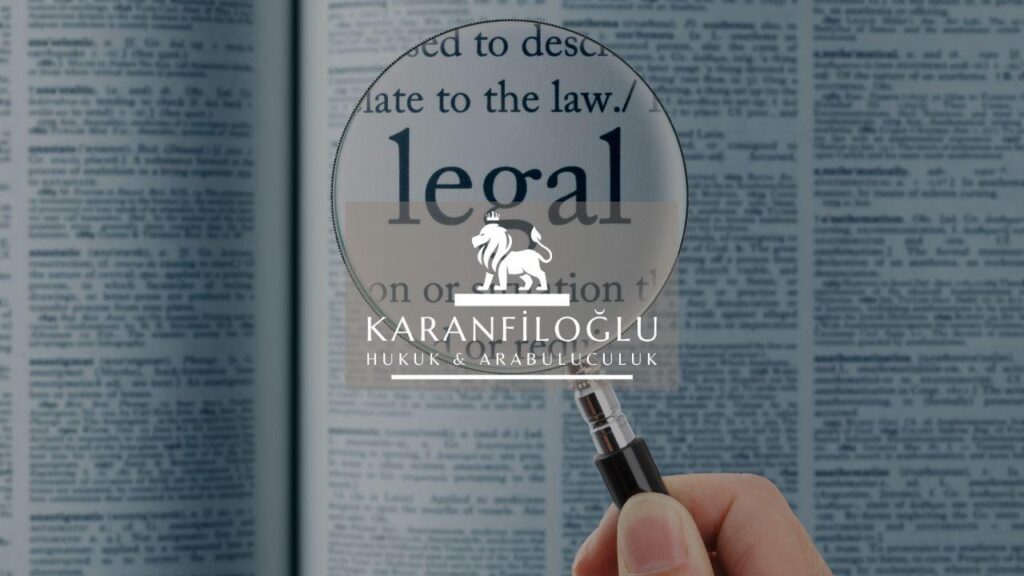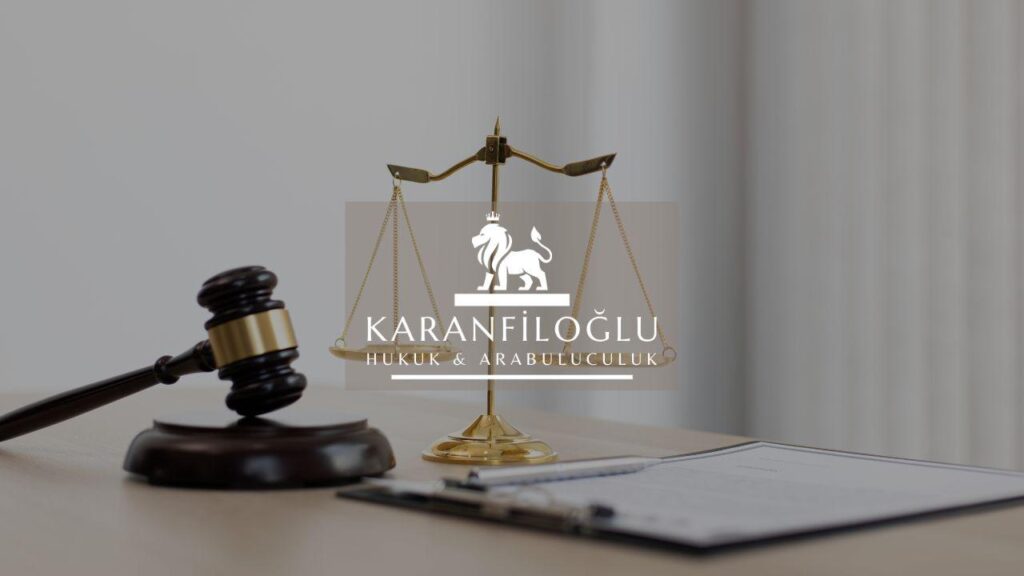Compensation claims in defamation cases are a crucial path for individuals seeking justice and redress. In today’s digital age, where false statements can spread like wildfire, the impact on reputation is massive. Consider Jane, a small business owner whose reputation plummeted after a defamatory review went viral. Her case is not unique. Many face similar challenges. Filing claims becomes their beacon of hope. The legal process offers various legal remedies for those wronged, aiming to restore not just their standing but also their peace of mind. Yet, the road is not always smooth. Understanding damages for defamation is essential to navigating this complex terrain. It’s like piecing together a puzzle, each part crucial for a complete picture. A successful claim isn’t just about monetary recovery; it’s about vindication. As you explore compensation claims, remember that legal avenues exist to help regain what was unjustly taken.
Understanding the Legal Framework of Defamation Claims
Understanding the legal framework of defamation claims is foundational for anyone embarking on this journey. When Jane contemplated filing claims, she quickly realized the importance of knowing her rights. In defamation cases, the law offers legal remedies, ensuring that victims can fight back against false statements. A key aspect involves assessing the damages for defamation, which considers both financial losses and emotional distress. It’s like deciphering a legal maze, each corner with its own implications. Compensation claims serve as the guiding light, providing a path for justice and validation. They reinforce the principle that one’s reputation is priceless, and the legal system exists to protect it. As we dive deeper, remember that understanding these nuances is crucial in building a strong foundation for any claim. This knowledge empowers individuals, turning hurdles into stepping stones towards reclaiming both dignity and peace.
Filing claims in defamation cases often starts with proving that the defamatory material caused harm. This is where legal remedies come into play, acting as the safeguard for those affected. It’s essential to demonstrate how the false statements directly impacted your life, leading to financial setbacks or emotional pain. An effective compensation claim hinges on clear and compelling evidence. Gathering this proves to be as crucial as a lighthouse in a storm. You’ll need concrete proof and possibly witnesses to validate your suffering. Damages for defamation aren’t just financial; they address the deeper scarring done to one’s reputation and mental well-being. As you delve into filing claims, remember that accuracy and attention to detail are not optional; they’re vital. This thorough approach ensures the court understands your plight and supports your journey toward justice. In this arena, preparation isn’t just half the battle—it is the battle.
Understanding the intricacies of the legal framework helps navigate defamation cases with foresight and precision. Compensation claims start by dissecting the elements of defamation, from the defaming statement itself to its publication. Each part is vital, like distinct threads woven into a complex tapestry. Legal remedies offer a chance for victims to rectify wrongs. File claims carefully, aware that the burden of proof rests on the claimant. Demonstrating how false allegations led to personal and professional havoc is paramount. Success hinges on illustrating damages for defamation—often stretching beyond financial repercussions to the emotional turmoil inflicted. Clear evidence must ring loudly, as decisive as a bell tolling in the quiet. This process not only seeks monetary recovery—reparation of one’s bruised reputation is equally crucial. Emphasizing every facet underscores the broader spectrum of justice, lighting the path forward for those embroiled in defamation battles.
Key Factors Influencing Compensation Amounts
When it comes to determining compensation amounts in defamation cases, several pivotal factors come into play. The nature of the defamatory statement is a starting point. A false claim that directly harms one’s personal or professional reputation can significantly influence the compensation awarded. Additionally, the wider the spread, the greater its potential damage, often leading to higher claims. Timing is also crucial; the longer the falsehood remains public, the more harm it can inflict. Legal remedies are available, but they hinge on demonstrating tangible damages for defamation. Proving actual financial or emotional distress can substantially sway the outcome. Filing claims effectively requires comprehensive evidence and skilled legal guidance. In essence, thinking of it as stacking bricks, each aspect builds on the next, creating a solid case for compensation claims. Recognizing these elements helps ensure a more robust pursuit of justice and restitution.
Evidence collection stands at the forefront when assessing compensation claims in defamation cases. Every piece of proof, from witness testimonies to digital footprints, strengthens the foundation of your claim. Imagine it as assembling a team; each member adds unique value to the effort. The extent of the defamation’s reach mingles with the presented proof, playing a strong role in determining compensation amounts. If a defamatory statement has resonated far and wide, the influence is significant. Filing claims require one to demonstrate clear damages for defamation, akin to building a compelling narrative. Legal remedies offer leeway, yet the precision of your evidence can make or break your case. A seasoned attorney, adept with these intricacies, becomes your most insightful ally. Their expertise in refining and presenting your case can tip the scales towards a favorable settlement. Addressing these factors shines a light on attaining rightful restitution and justice.
Witness testimonies play a pivotal role, reshaping the landscape of compensation claims in defamation cases. These firsthand accounts, rich in detail, serve as pivotal evidence. Like pieces of a jigsaw puzzle, they help clarify the damage inflicted. However, timing is crucial. The quick collection of statements captures the effect of defamatory utterances before memories fade. When you consider the context of these statements, their relevance to the case becomes more pronounced. Each accounts vividly paints the picture of harm, aiding in quantifying damages for defamation. Without these narratives, legal remedies might face a hurdle, as they heavily rely on factual representation. Filing claims built on strong testimonies typically stand firmer in the legal arena. Amidst these complexities, an experienced attorney becomes indispensable. By guiding the process and honing the presentation of evidence, they amplify the odds of attaining deserved compensation and justice.
Strategies for Successfully Navigating Defamation Litigation
Navigating defamation litigation requires a well-planned strategy. It’s akin to preparing for a chess match, where each move counts. The stakes in compensation claims are high, and understanding the game plan can make all the difference. Start by gathering solid evidence. Secure emails, texts, and recorded conversations that validate the truth. Witnesses can bolster your case by affirming the impact on your reputation. Filing claims with clear, concise documentation sets the tone for future proceedings. Next, engage with an attorney who specializes in defamation cases. Their insight is invaluable, offering guidance through legal remedies and the maze of court procedures. Keep damage assessments honest and evidence-based. Recognizing actual damages for defamation and estimating them accurately paints a clear picture for the judge or jury. As you venture through this process, remember it’s not just about financial restitution, but about reclaiming your good name.
Success in defamation litigation hinges on a well-orchestrated plan. Just as a fisherman knows the importance of a strong net, so must you understand the value of solid preparation. Begin by identifying the elements of defamation—false statements, harm to reputation, and intent—like pieces of a puzzle that complete your case. Gathering evidence, from social media posts to media articles, is your fishing line, casting out to reel in truth. Involving your attorney early guarantees expert navigation through legal remedies and procedural hurdles. Remember, filing claims requires impeccable timing and precision. Each document submitted, every single proof of damages for defamation, fortifies your position. Consider expert testimonies as your allies, lending credibility to your compensation claims. Conduct regular updates with your legal team to stay ahead. Overcoming the challenges in defamation cases demands dedication, but with foresight and strategic action, justice is within reach.
Crafting an approach for compensation claims in defamation cases is like building a house; a strong foundation is key. Start with clear communication—constant dialogue with your legal team ensures everyone is on the same page. They’ve seen the terrain and know the best paths through legal remedies. Next, prioritize credibility in every step of filing claims. Your words, just like bricks, must be steady and true to withstand scrutiny. Rely on damages for defamation experts; their insights are cement that holds your case together. Additionally, be tactful in courtroom strategies—a clever play can tip the scales. Employ analogies that simplify complex points; judges and juries resonate with relatable ideas. Remember, defamation cases aren’t simply about winning; they’re about restoring dignity and truth. With meticulous planning and attuned strategies, success is like a well-built structure—solid, reliable, and a testament to perseverance against odds.
Disclaimer: This article is for general informational purposes only and you are strongly advised to consult a legal professional to evaluate your personal situation. No liability is accepted that may arise from the use of the information in this article.







